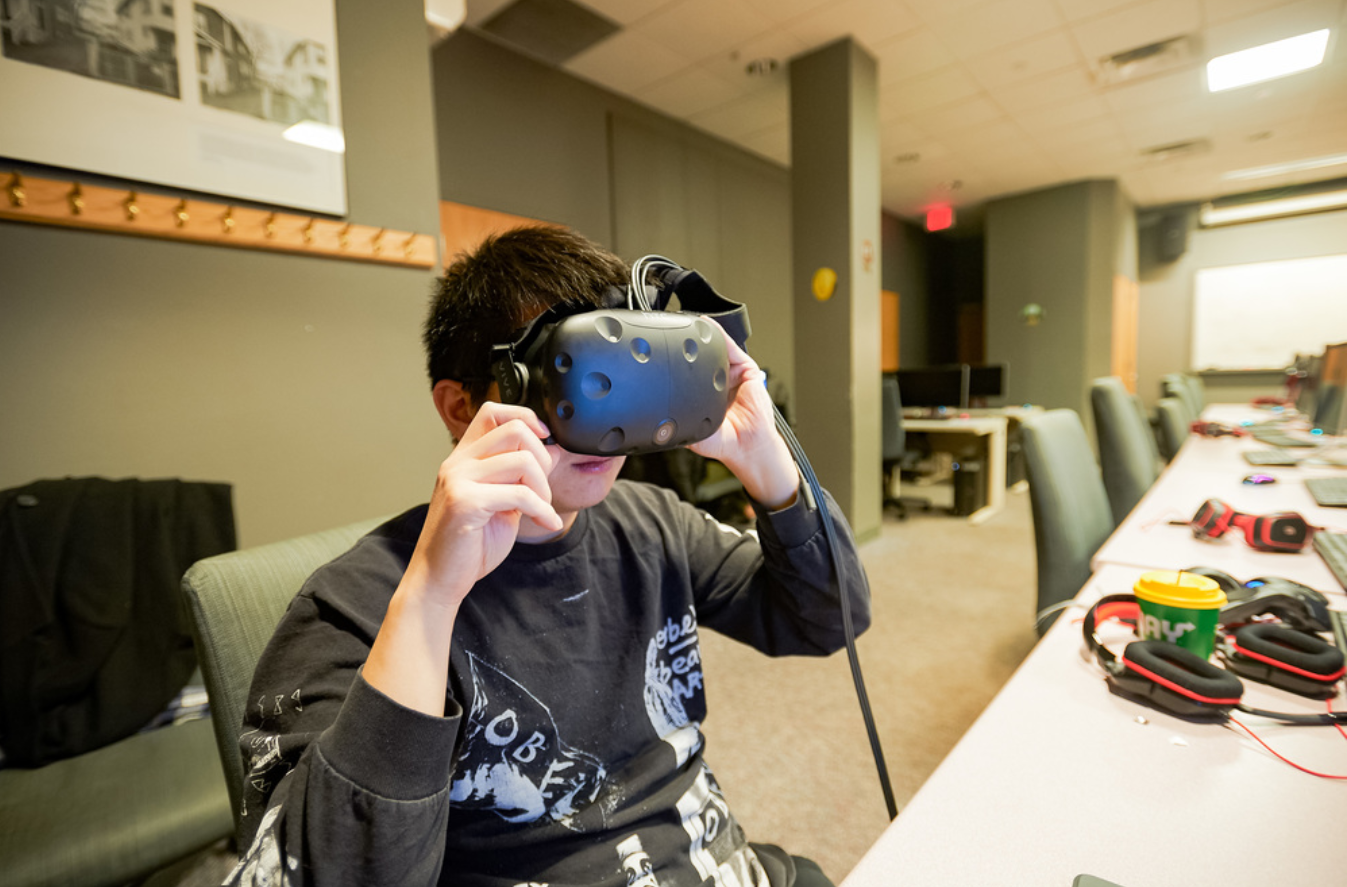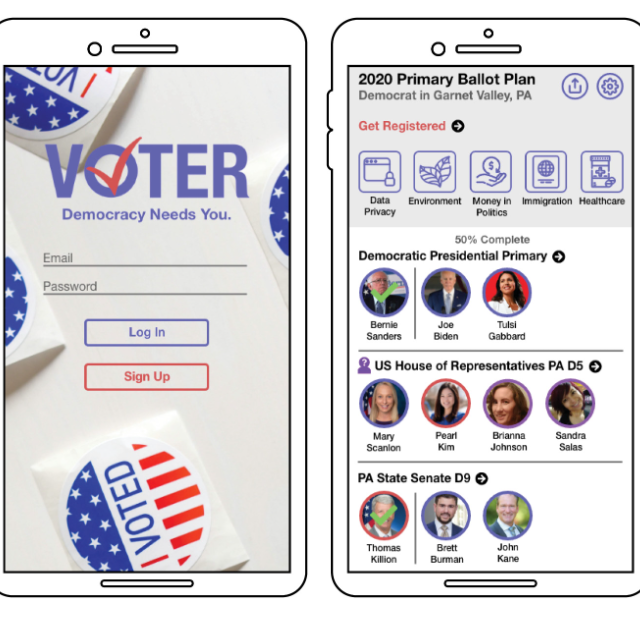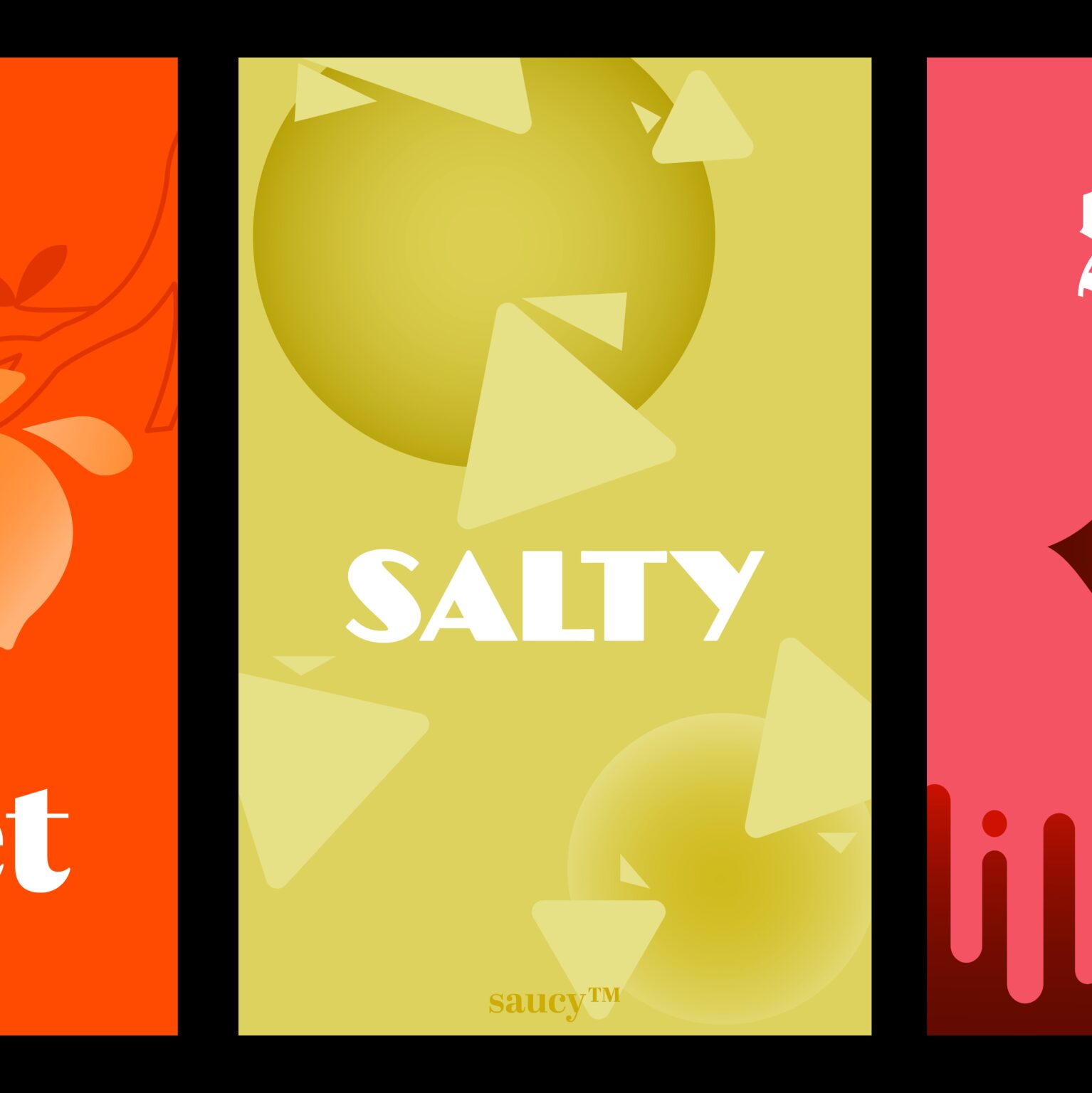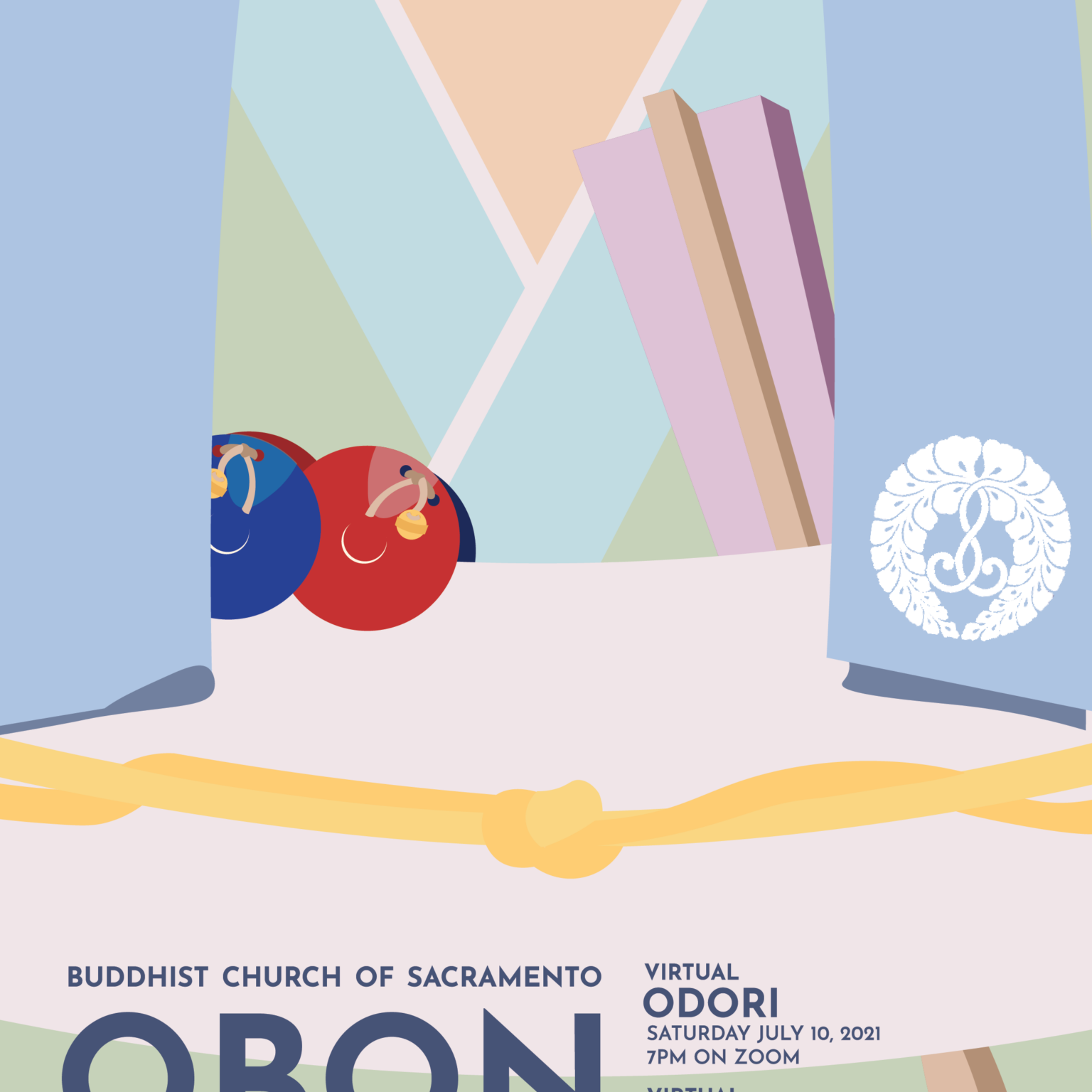The BFA in Game Design seeks to give students the skills to communicate ideas and emotions through interactive media. The focus of the BFA degree is to explore games as an aesthetic and expressive form through critical analysis and creative, reflective practice. To reflect emerging trends in the video game industry, including broader platforms and audiences and more distribution channels, students will be oriented toward developing games and playful media in an independent creative context, preparing graduates to become leaders within a growing segment of the game industry. Curriculum is geared to cultivating the students’ own unique creative voice through courses that apply theory analysis to game-making practice across a wide range of media. Students are exposed to a wide variety of genres and contexts, as well as different ways of thinking about games content, platforms, and production. BFA in Game Design majors will be based in the College of Arts, Media and Design but will have a minimum of four games courses in which they interact with and collaborate with students in the BS in computer science and game development major.
Learning Outcomes
- Concept/Expression Outcome: Conceptualize and create expressive and innovative games, playable experiences, and artifacts, developing a personal style via reflective design.
- Craft Outcome: Hone craft and technical skills in a broad range of mediums, and justify the appropriate usage of techniques in the service of creating artifacts.
- Research Outcome: Gather, organize, and articulate relevant research to inform design and analysis.
- Process Outcome: Follow an iterative design process informed by user testing, external and self-critique for producing creative works.
- History Outcome: Identify, describe, analyze, and critique a broad array of games and playable experiences and artifacts as aesthetic forms across periods, cultures, and media.
- Values/Context Outcome: Analyze the social, political, and cultural theories embedded in games, playable experiences, and artifacts, and articulate ethical reasoning during design and production.
- Collaboration Outcome: Plan and manage the organization of people, timelines, tasks, repositories, and finances for multi-person creative projects, and constructively critique others’ work.
- Entrepreneurship Outcome: Research new markets and audiences, write and orally present proposals and pitches, including rationale to support project development.
Co-Op Opportunities
- SAIC
- Zynga
- Microsoft Studios
Career Opportunities
- Game Designer
- Game Artist
- Project Manager
- Producer
- Level Designer
- Game Writer
- Game Sound/Audio Designer
- Playtester
- Interaction/Usability Designer
- Web Designer
Multidisciplinary Skills
- Teamwork/Collaboration
- Writing
- Presenting Ideas
- Design
- Self-motivation
- Project Management
- Autodidact






